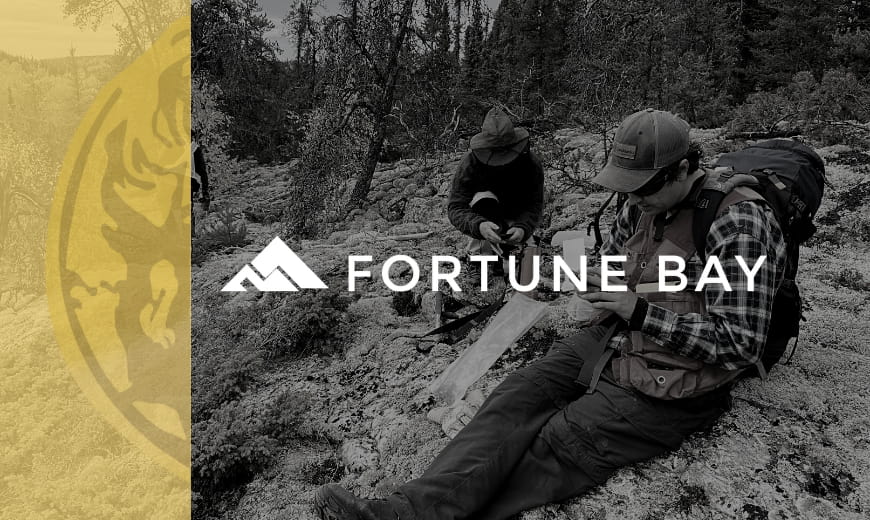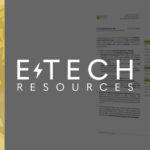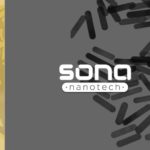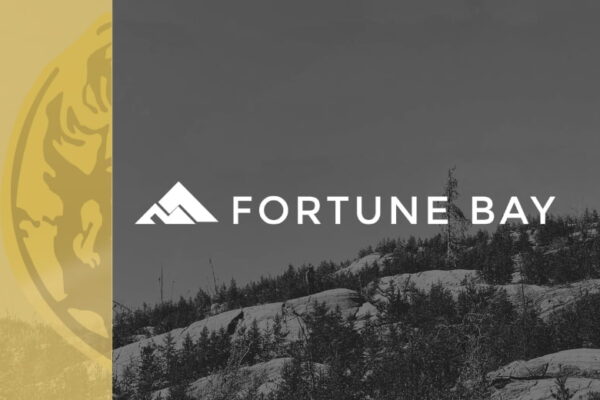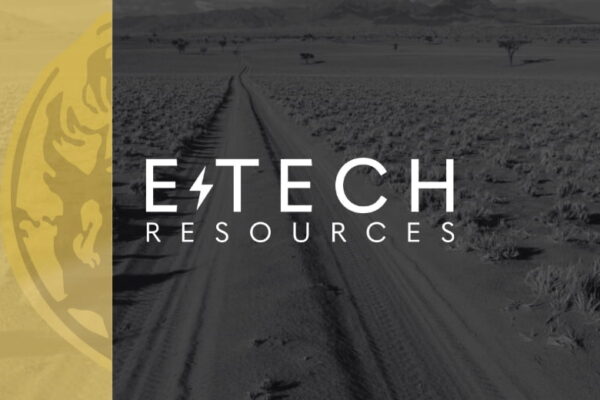HALIFAX, NS January 23, 2023 – Fortune Bay Corp. (TSXV: FOR, FWB: 5QN, OTCQX: FTBYF) (“Fortune Bay” or the “Company”) is pleased to announce analytical results from a prospecting program completed in Fall 2022 on the 100% owned Murmac Uranium Project (“Murmac” or the “Project”), located in northern Saskatchewan (see Figure 1).
Analytical results from surface rock samples have been received from the laboratory which include highlights of:
- 8.82% U3O8 from a boulder sample on the Armbruster Corridor providing compelling support for the presence of high-grade, basement-hosted uranium mineralization on the Project.
- 6.90% U3O8 and 1.69% U3O8 from outcrop samples along the Armbruster Corridor, which validated historical uranium occurrences.
- An additional nine (9) outcrop samples which assayed between 0.1% and 0.8% U3O8 from the Armbruster, Howland and Pitchvein Corridors, validating historical uranium occurrences.
A summary of the analytical results is provided in Table 1, and sample locations are provided in Figure 2.
Dale Verran, CEO for Fortune Bay, commented “The results from our Fall 2022 prospecting program further validate the significant endowment of uranium at Murmac and support the potential for a high-grade discovery. The results provide a complimentary dataset to the positive results from our 2022 drilling program and have assisted in the prioritization of targets for drill testing.”
Prospecting Program Summary & Objectives:
- Carried out in September and October 2022 to validate historical results and assist in the development and prioritization of future drill targets.
- Provided follow-up to the 2022 maiden drilling program at Murmac, which intersected anomalous uranium in multiple drill holes (see News Releases dated August 23, 2022 and December 13, 2022).
- Comprised surface prospecting, structural mapping and rock geochemical sampling, focused along prospective trends identified by the 2022 drilling program and areas with encouraging historical uranium results.
- Results from the field program have been integrated with the 2022 drilling results to define priority targets for drill testing.
Summary of Prospecting Program Results:
- Numerous historical uranium occurrences of interest were reliably located and validated (see Table 1 and Figure 2). These occurrences comprise narrow fault-hosted mineralization and are consistently associated with large faults that cross-cut the local stratigraphy. The intersections of these cross-cutting faults with conductors provide compelling structural target locations for drill testing. Graphite-rich rocks, or “conductors”, are the favorable host rock for the targeted high-grade deposits but do not outcrop on surface due to their softer nature, lying within valleys and being covered by soils, glacial sediment and shallow lakes. Historical exploration did not focus on these conductors as targets.
- Additional outcrop sampling (149 samples) along conductor valley edges highlighted encouraging enrichments of “pathfinder” elements that are typically associated with high-grade, basement-hosted deposits in the Athabasca Basin, often spatially associated with cross-cutting faults. These pathfinder enrichments are consistent with those noted in graphitic drill core with elevated uranium content from the Fortune Bay 2022 drill program.
- Historical records include mineralized and radioactive boulders located in valley floors, with up to 1.25% U3O8 reported. An example of one of these boulders was discovered by Fortune Bay located in thin till cover at the edge of a conductor valley on the Armbruster Corridor (see Figure 2, Table 1 sample 863924). The boulder was located approximately 100 metres from a radioactive spring (historical occurrence) with surface radioactivity of 15,000 counts per second (“cps”). The boulder, approximately 15 cm in diameter mineralized, produced “off-scale” radioactivity (65,535 cps) on a Super-SPEC RS-125 handheld spectrometer and assayed at 8.82% U3O8. The boulder is interpreted to originate from within the Project area, given the southwest ice direction and Martin Group cover rocks in the north of the Project. The occurrence provides compelling support for the presence of high-grade, basement-hosted uranium mineralization and follow-up efforts are planned to be directed up-ice of the occurrence.
- The validated historical results, together with pathfinder element results and the extensive structural mapping carried out during prospecting, will be used to support the prioritization of drill targets.








